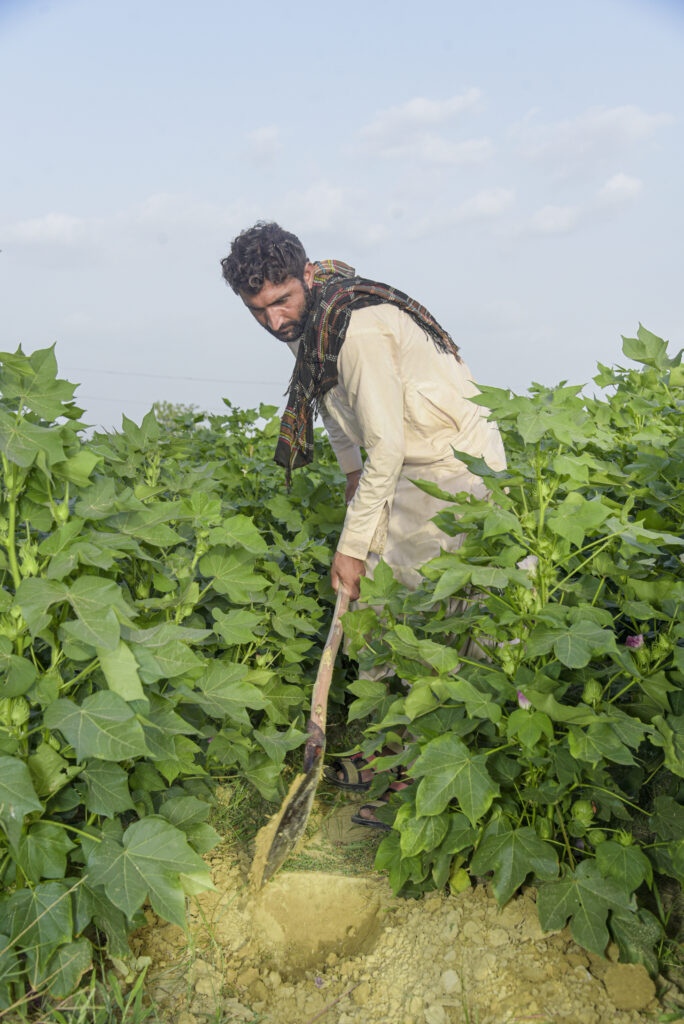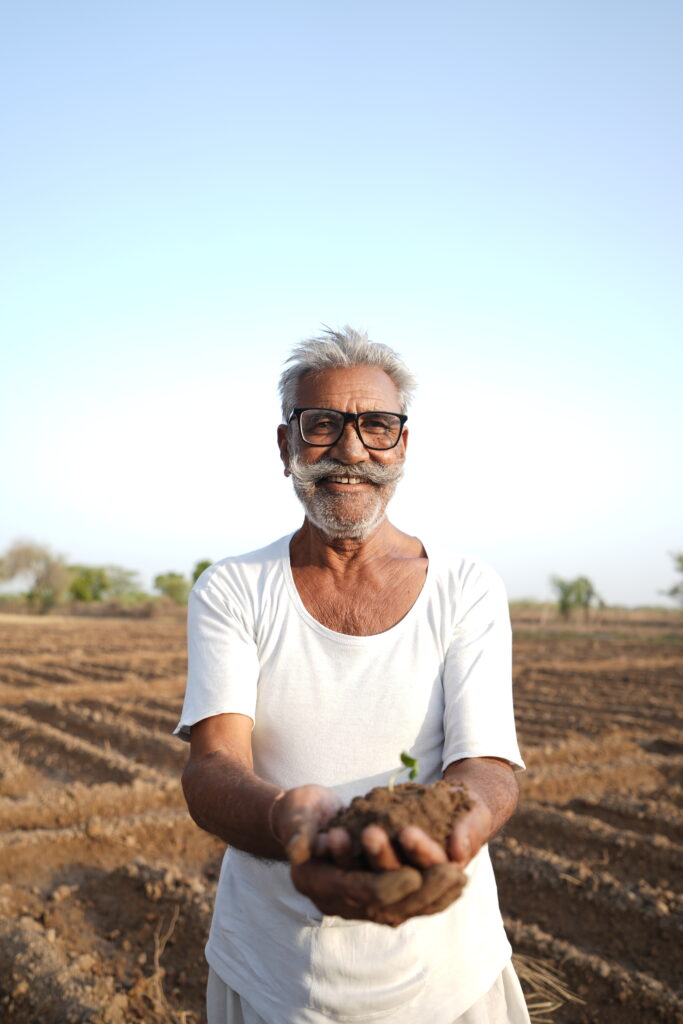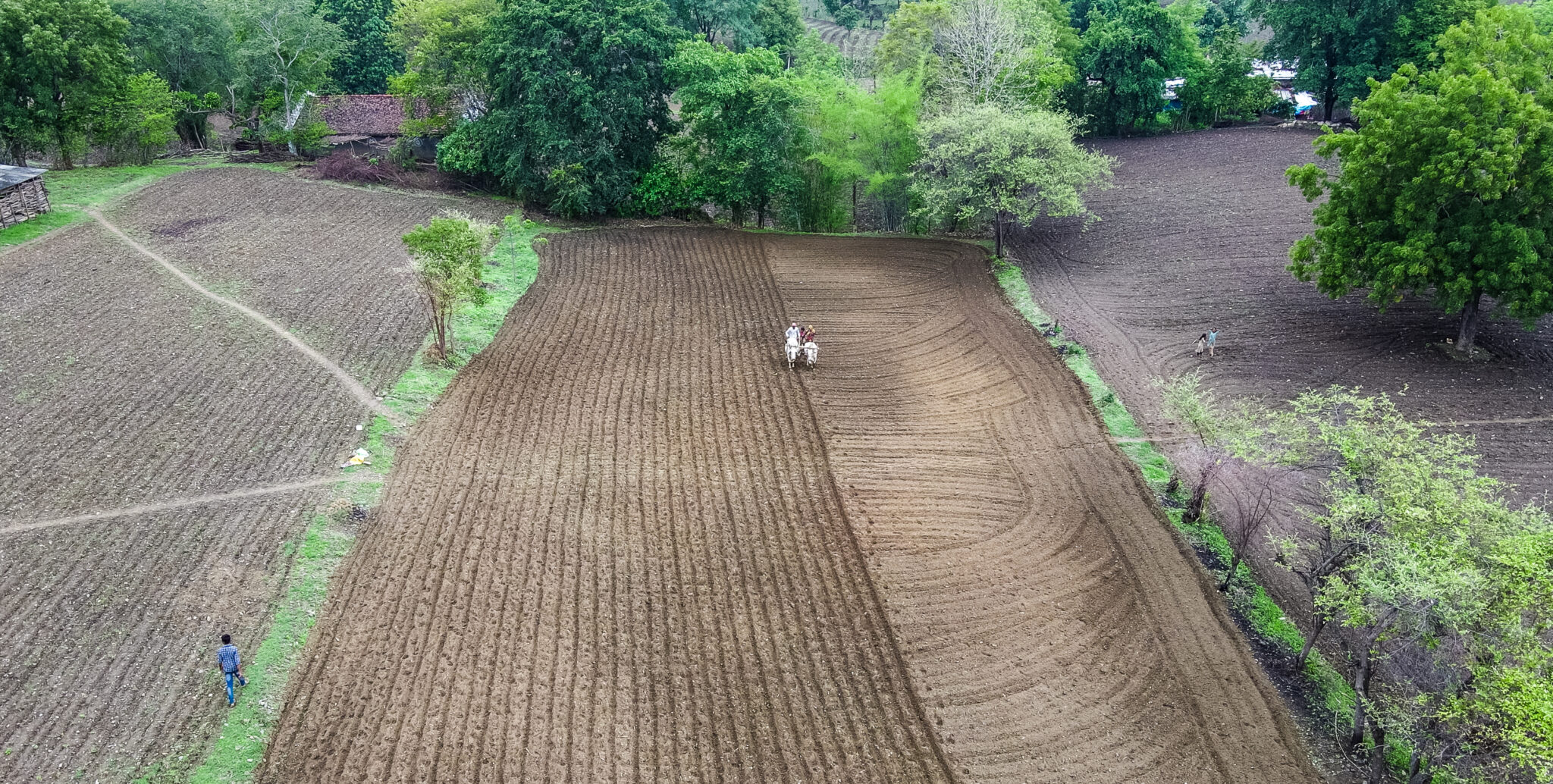OCA has long been dedicated to advancing organic cotton farming, and its recent involvement in the development of the Higg MSI cotton methodology marks another important step in this mission. For the past three years, OCA joined organisations convened by Cascale as part of the Higg MSI Methodology Cotton Expert Team. Together, we collaborated on a cotton-specific model, leveraging member and industry commitments around data collection. This will set a new standard for consistency and reliability in fibre-specific data, which will be featured in the biannual update to the Higg Materials Sustainability Index (Higg MSI), exclusively available on the sustainability and data insights platform Worldly.
The Higg MSI is a cradle-to-gate material assessment tool that calculates environmental impacts from the extraction or production of raw materials through manufacturing and finishing, to the point where the material is ready to be assembled into a final product. The new cotton LCA methodology provides a standardised, industry-aligned approach for assessing the environmental impact of cotton fiber. By applying consistent data collection requirements, modelling rules and background datasets, the methodology ensures that consistent cotton impact results are available through the Higg MSI.
Focus on smallholder farmers
OCA’s participation in this industry-wide effort was driven by the need to streamline how environmental impacts are assessed in organic cotton farming. Life Cycle Assessments (LCAs) often require extensive, hard-to-obtain data, and OCA saw an opportunity to contribute its robust farm-level data to create a more efficient, cost-effective system. This methodology captures the unique sustainability benefits of organic cotton while highlighting the realities of smallholder farmers, who are at the heart of OCA’s work across India and Pakistan.


OCA played a crucial role in ensuring that the methodology accurately represents the unique dynamic of organic cotton farming systems, particularly those involving smallholder farmers. By providing primary data from its farmer network, OCA brought valuable insights on the use of organic fertilisers and crop protection practices, which differ significantly from conventional farming. One of OCA’s major contributions was emphasising the distinction between mechanised and non-mechanised farming. Recognising that most OCA farmers rely on non-mechanised processes ensures the methodology accurately reflects the realities of smallholder cotton production.
Organic cotton plays a pivotal role in driving the transition to a less carbon-intensive fashion and textiles sector, and OCA is guiding its community on this journey. By supporting farmers with the knowledge and resources needed to implement organic and regenerative farming practices, OCA enhances the resilience of farming communities and drives meaningful climate action. Through rigorous data collection and analysis, OCA demonstrates the tangible benefits of organic cotton, generating greater adoption across the supply chain.
Looking ahead
The long-term benefits of implementing this methodology within cotton production are considerable. Thanks to it, we will have access to vital data showcasing the environmental advantages of organic farming, particularly in mitigating climate change. The methodology will also serve as a foundation for updating and improving cotton production datasets, ensuring they remain current and reflective of evolving practices. This will allow stakeholders across the supply chain to make well-informed, sustainable decisions based on reliable data.
This collaborative effort shows the importance of the value chain wide-cooperation. OCA is proud to have been part of this milestone and looks forward to seeing the methodology’s future application, shaping a more sustainable textiles industry.
_________________________________________________________________
Glossary
Higg MSI: The Higg MSI (Materials Sustainability Index) is a cradle-to-gate material scoring tool informed by life cycle assessment (LCA) data and methodology to engage product design teams and our global value chain in environmental sustainability. Through this tool, users can view material scores, processes, and metadata. Users can also swap in and our different production processes to see score changes and create blends. Cascale members can also access LCA midpoints for each process.
LCA: Life-cycle assessment is a technique to assess environmental impacts associated with all the stages of a product’s life from cradle to grave (i.e., from raw material extraction through materials processing, manufacture, distribution, use, repair and maintenance, and disposal or recycling).

